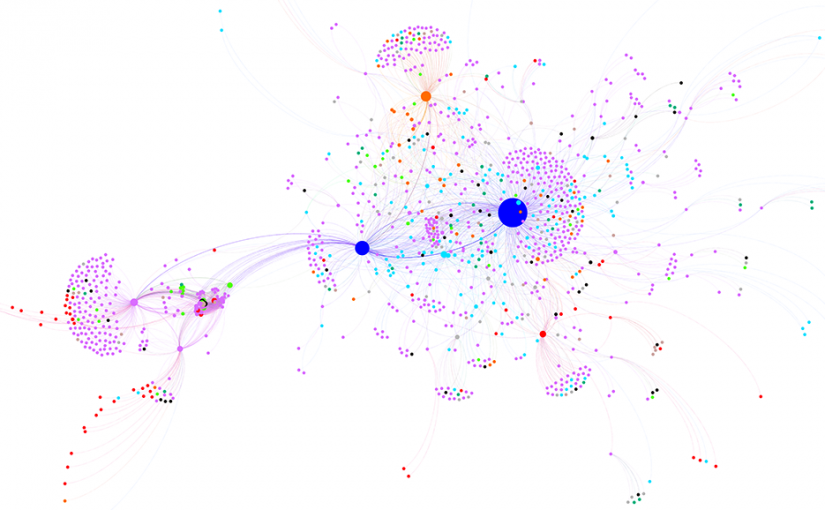Data governance is a set of processes, policies, and standards that ensure data is managed and used in a consistent, secure, and ethical manner.
DG (Data Governance) helps organizations comply with regulations, protect sensitive information, and maintain the integrity and reliability of their data. DG also ensures that data is aligned with business goals and is used effectively to support decision-making.
A data catalog is a central repository that contains metadata (data about data) and helps one discover, understand, and manage the data assets within an organization.
A data catalog should provide a single source of truth for data definitions, relationships, usage, and lineage. Data catalogs can help to enable data discovery and reduce the time spent searching for relevant data, as well as improve data quality and consistency by standardizing definitions and terms.
Together, data catalogs and data governance ideally work hand-in-hand to help organizations better manage their data assets and make informed decisions.
A data catalog can provide the information needed to make informed decisions about data usage and management, while data governance provides the framework and processes to ensure that the data is used appropriately.
Implementing data catalogs and data governance in unison requires a cross-functional effort, involving representatives from different departments, such as IT, legal, compliance, and business units.
It is important to involve stakeholders from the start to ensure buy-in and to ensure that data catalogs and governance processes are designed to meet the needs of the business.
Data catalogs and data governance are often considered ritical components of a data management program helping organizations to effectively manage and utilize their data assets.
By providing a central repository for metadata and establishing processes for data management and usage, organizations can improve data discovery, enhance data quality, and ensure data is used in a secure and ethical manner to support informed decision-making.
Data catalogs can fail to be effective in data governance when the metadata stored in the data catalog is not complete or up-to-date. This can lead to incorrect or incomplete data discovery, resulting in poor-quality data being used for decision-making.
Without proper standardization of metadata, the catalog can become cluttered and difficult to navigate, making it challenging for users to find the data they need.
Catalogs are often managed by a single department or team, which leads to a lack of collaboration and a failure to involve all relevant stakeholders in data governance. If data catalogs are not integrated with other data management tools, such as data lakes or data warehouses, the result is siloed data that is difficult to discover and manage.
Without proper access controls in place, data catalogs also become a security risk, as potentially sensitive data may be accessed by unauthorized users. Catalogs may also not be designed to scale with the growth of the organization, they are then difficult to manage and maintain over time, leading to data governance failures.
The success of any catalog initiative hinges on widespread adoption by users within the organization. Without widespread adoption, the benefits of the data catalog cannot be realized, and data governance efforts may be ineffective.
Data catalogs can be an effective tool for data governance, but they must be designed and implemented properly to avoid these common failures. It is important to involve all relevant stakeholders, ensure metadata is complete and standardized, integrate with other data management tools, and prioritize user adoption to achieve success in data governance.
